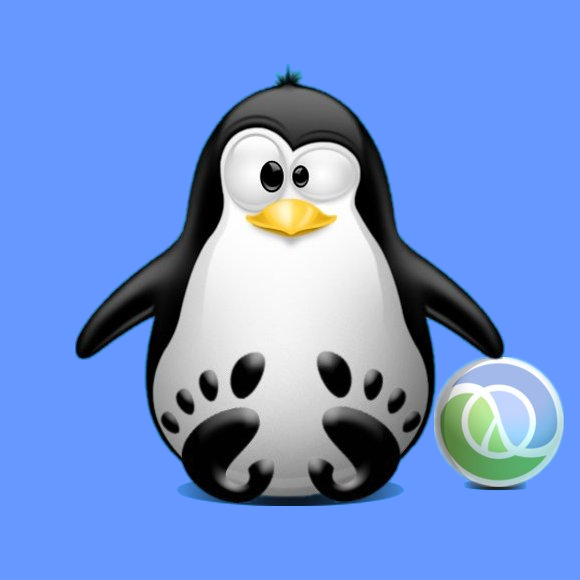GNU/Linux Debian Bullseye Installing Clojure – Step by step Guide
How to Install Clojure on Debian Bullseye 11 GNU/Linux desktop – Step by step Tutorial.
And Clojure for Debian 11 is a dynamic and functional dialect of the Lisp Programming Language on the Java platform.
Clojure is a Homoiconic Language, which is a fancy Term describing the fact that Clojure Programs are represented by Clojure Data Structures.
Lisp, an acronym for List Processing, is a functional Programming Language that was designed for easy manipulation of Data Strings.
Leiningen is the easiest way to use Clojure. With a focus on Project automation and declarative configuration, it gets out of your way and lets you focus on your Code.
Clojure as Prerequisite to be Successfully Run Need an Oracle Java JDK 8+ Working Installation on Linux.
Moreover, this guide includes detailed instructions about to Getting Started with Clojure and Leiningen on Debian.
Finally, this Setup is valid for all the Debian-based Distros like:
- Kali
- MX Linux
- Deepin
- Parrot
- antiX
- SparkyLinux
- Q4OS
- Vanilla OS
- Netrunner
- Voyager Debian
- MakuluLinux
- Elive
- LMDE
- Devuan (You may just need to Discover what’s the Parent Release)

1. Java Setup
First, Check if Java JDK is Already Installed
With:javac --version
If Yes then in the Output you should Find the Version! Otherwise See below…
How to Install Java on Debian GNU/Linux:2. Installing Dependencies
Then to Install Required Software
Run:sudo apt update && sudo apt install curl rlwrap
Authenticate with the User Admin Pass.
If Got “User is Not in Sudoers file” then see: How to Enable sudo.
Contents